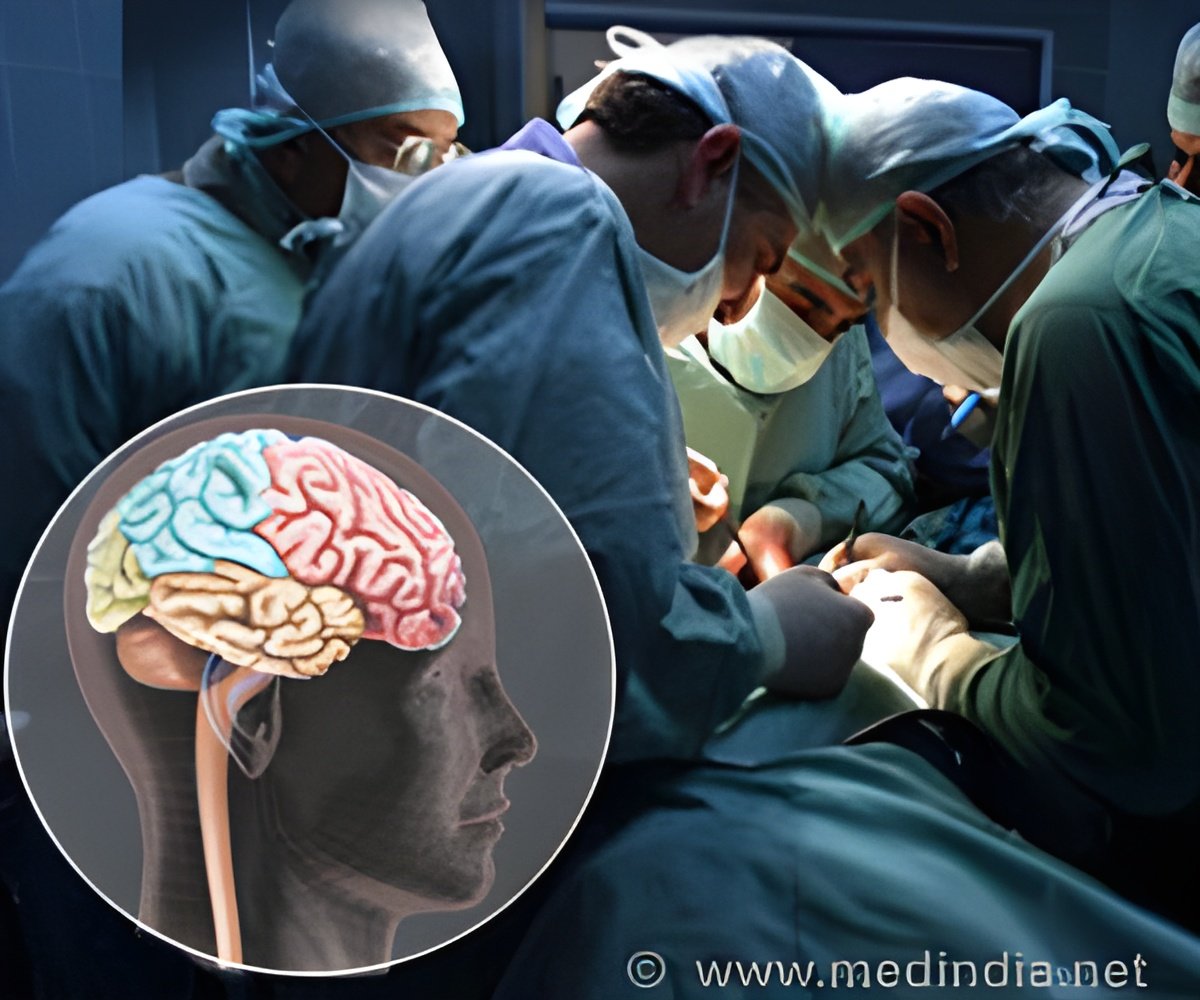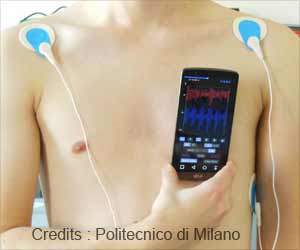AI-powered real-time instructors are outperforming traditional expert teaching in neurosurgery training, to improve surgical skills and efficiency.

Real-Time multifaceted artificial intelligence vs In-Person instruction in teaching surgical technical skills: a randomized controlled trial
Go to source).
‘AI could soon play a key role in the operating room, helping human instructors enhance surgical training. #AI #neurosurgery #brainsurgery #medindia’





The purpose of these systems is to mimic the function of human surgical instructors in the training. As the student performs brain procedures, these intelligent instructors continuously evaluate their hand movements and provide tailored verbal feedback to help them develop their operative skills. Neurosurgery Training with AI
Educating the next generation of neurosurgeons is a long, expensive, and complex process. AI and simulation hold the potential to make the learning process easier while maintaining or enhancing the quality of graduating neurosurgeons’ skills.Their most recent study was the first randomized controlled trial comparing AI intelligent tutor instruction with human expert instruction during simulated surgery. They divided 97 medical trainees into three groups, either receiving real-time AI feedback, in-person expert instruction, or no real-time feedback.
AI vs. Human Expertise
The trainees who received AI instruction performed significantly better than those who received expert instruction and no real-time instruction. The study found that expert instruction alone led to poorer surgical learning outcomes.By employing their extensive expertise and the new opportunities provided by AI, surgical educators can provide new possibilities for learners to reach their potential as excellent surgeons.
Advertisement
Reference:
- Real-Time multifaceted artificial intelligence vs In-Person instruction in teaching surgical technical skills: a randomized controlled trial - (https://www.nature.com/articles/s41598-024-65716-8)
Advertisement














